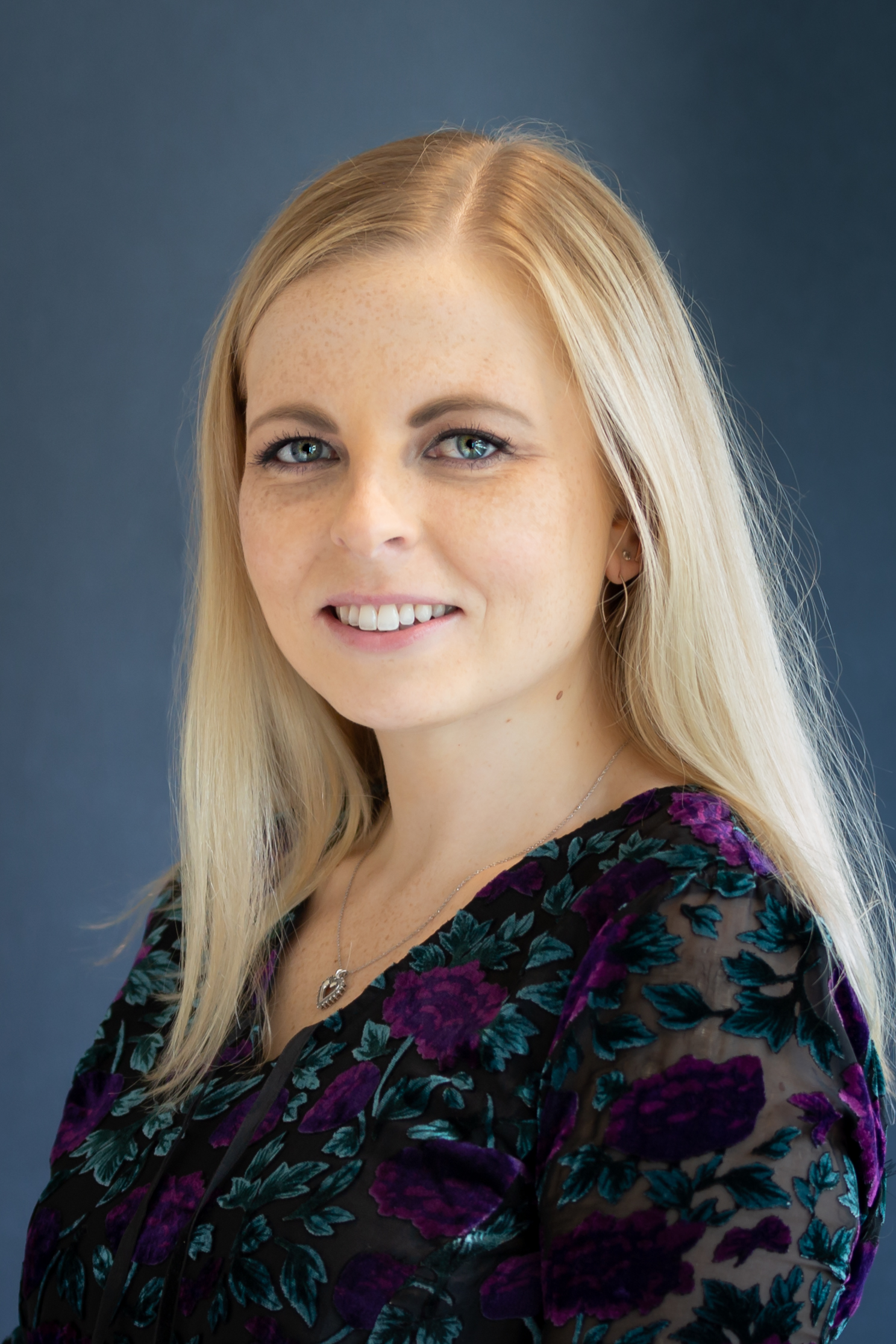Improving Your Cell Culture Process with the OLYMPUS Provi™ CM20 Incubation Monitoring System
Cell cultures are the starting point for many studies in life science and clinical research. However, the current cell culture process is inefficient, time consuming, and fragmented. Since this process is done by hand, the results vary depending on the skill and experience of the researcher. In some labs, each researcher cultivates multiple cell lines, making it difficult to maintain the cell quality necessary for experiments. To obtain quantitative data, such as the number of cells, they would have to peel and discard the samples after each measurement. To help solve these challenges, Olympus created the OLYMPUS Provi™ CM20 incubation monitoring system.
Learn how the CM20 system’s compact, flat-top design can observe a vessel’s whole surface. This innovation can help improve cell culture efficiency while saving space in the incubator. Using image processing along-side machine learning technology the CM20 can automatically measure cell conditions using constant analysis parameters, to provide quantitative data with less effort than traditional methods.
Presenter: Joanna Hawryluk, PhD, Associate Manager, Olympus Life Science

Dr. Joanna Hawryluk is a Product Manager for Research Imaging at Olympus located in Waltham, Massachusetts. She received her doctorate degree from the University of Connecticut in Storrs, Connecticut within the department of Physiology and Neurobiology. Her studies focused on investigating the mechanisms of modulation by voltage-gated KCNQ channels and HCN channels on brainstem chemoreceptive neurons and their control of expiratory drive. She has been with Olympus since 2017 and is currently responsible for the electrophysiology microscope line, CM20 cell culture monitoring device, NoviSight analysis software and the Alpha3 light sheet microscope.
Improving Your Cell Culture Process with the OLYMPUS Provi™ CM20 Incubation Monitoring System
|
对不起,此内容在您的国家不适用。
